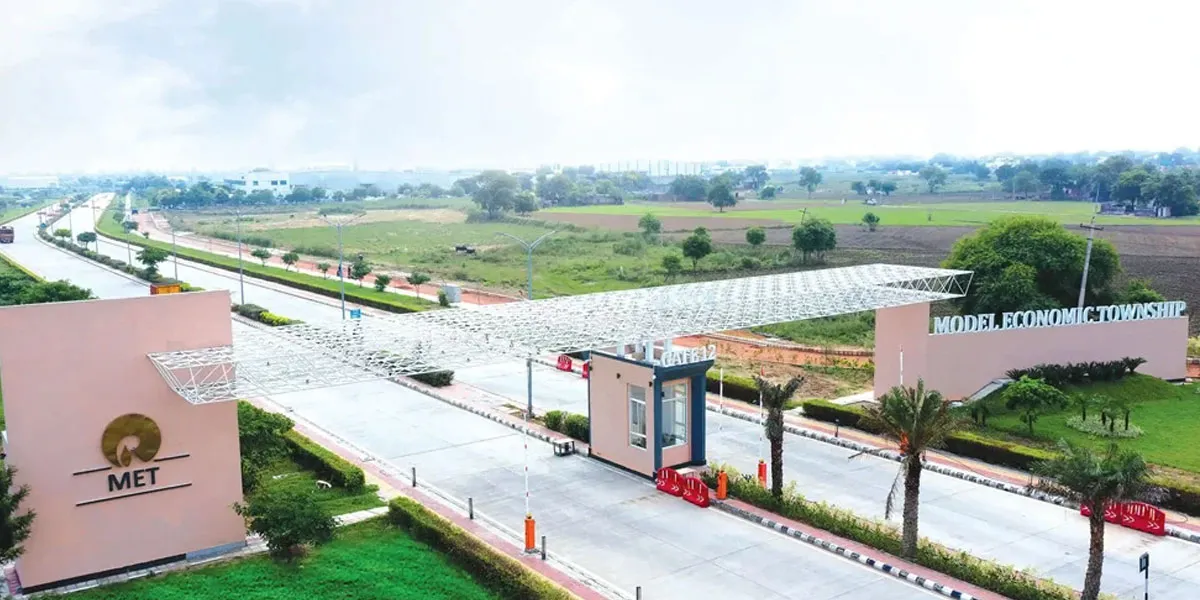Cost control is one of the most critical and challenging aspects of the construction industry. Balancing the demands of delivering high-quality work, meeting strict project deadlines, and controlling expenditures within the allocated budget can be a monumental task. Each organisation in the construction sector faces this challenge regularly, and the ability to manage costs effectively often determines the success or failure of a project. We have developed and refined comprehensive systems over several decades to ensure that the costs of every project remains within budget while maintaining high standards of quality and on-time delivery.
Cost control system
Cost control begins long before the actual construction work starts. Even before we bid on a project, we create a tentative budget based on preliminary estimates. This initial budget forms the foundation of our bidding process and serves as the benchmark against which future costs are measured. Once a project is awarded through the tender process, we engage in detailed preparation, including the development of comprehensive designs, drawings, and the identification of necessary materials, manpower, and machinery. Each of these elements contributes to the creation of a final, detailed project budget.
One of the key principles we adhere to is ensuring that the final budget, after all adjustments and refinements, does not deviate more than 5 per cent from the initial budget used during tendering.
This is a critical metric for our operations, as even minor deviations can have a significant impact on the overall profitability of the project. Therefore, the accuracy of the initial budget is paramount.
Monthly budgets
and reconciliation
When the final budget is established, the next step in our
cost control process involves breaking the overall budget down into smaller, more manageable monthly budgets. These monthly budgets are aligned with the work created by the technical team and are tailored to the specific phases of construction. Once the monthly budgets are approved by management, all expenses for that period must adhere strictly to the allocated budget. This segmented approach ensures greater
control and accountability over the project’s finances.
Every month, we hold review meetings at the management level to reconcile the actual expenses with the budgeted amounts. These meetings provide an opportunity to identify any deviations, address cost overruns, and assess the reasons for any discrepancies. This process ensures that there are no surprises at the end of the project, as any potential issues are addressed on a monthly basis. Additionally, by maintaining tight control over monthly expenditures, one can adjust future budgets if necessary, helping to prevent any significant cost overruns.
Dealing with unforeseen costs
Construction projects are inherently unpredictable, and despite our best efforts to plan meticulously, there are always factors beyond our control that can impact the budget. To account for this, we maintain a contingency fund to handle unforeseen expenses or budget overruns. While we make every effort to avoid such overruns, the nature of the construction industry makes it prudent to plan for worst-case scenarios. The contingency fund should be carefully monitored, and any expenses drawn from this reserve must be justified as being beyond the control of the project team.
Common causes of
cost overruns
Cost overruns can occur for a variety of reasons. We categorise these causes into four main areas: internal factors, rising material costs, external delays, and natural events. Understanding and addressing these causes is essential to maintaining cost control.
Internal factors: The most common cause of cost overruns in the construction industry stems from internal mismanagement, including errors in execution, design flaws, or technical issues. We place strong emphasis on mitigating these risks by employing highly skilled and qualified technical staff. Our teams are responsible for making accurate estimations during the bidding process, creating detailed designs and plans, and executing the project efficiently on the ground. By ensuring that the right expertise is applied at every stage of the project, we minimise the likelihood of costly errors and delays. Accurate bidding,
careful planning, involvement
of top management and
proper execution are critical
to achieving successful
cost control.
Fluctuating material costs: One of the most significant components of any construction project is the cost of raw materials. Prices for materials can fluctuate widely due to market conditions, geopolitical events, or supply chain disruptions, leading to substantial cost overruns. While government agencies such as the National Highways Authority of India (NHAI), the Ministry of Road Transport and Highways (MoRTH), the National Highways and Infrastructure Development Corporation (NHIDCL) and State Public Works Department (PWD) offer price adjustment provisions in contracts, these are not always sufficient to fully mitigate the impact of material price increases. We take a proactive approach by planning material procurement in a systematic manner by analysing historical market trends to predict periods of price volatility and either purchase materials in advance or adjust the construction schedule to avoid high-cost periods. While this approach is not always feasible, it allows us to
mitigate material cost risks to a significant extent.
External delays: Another major factor that can lead to cost overruns is delays caused by external factors such as land acquisition issues, forest clearances, or administrative bottlenecks. These delays can halt construction and lead to significant cost increases due to the idling of resources. To minimise these risks, we maintain a dedicated liaison team at each project site to work closely with government agencies and administrative bodies. The cost of maintaining this team is far outweighed by the potential savings from avoiding prolonged delays. By facilitating the timely clearance of administrative hurdles, we can keep projects on schedule and within budget.
Natural events: Infrastructure projects are also vulnerable to natural events such as floods, landslides, and storms. These unpredictable events can cause extensive damage to the project and lead to major cost overruns. While insurance can cover some
of these losses, the time lost and the subsequent delays can still have a significant impact on the overall project budget. We account for these risks during
the planning phase and ensure that appropriate insurance policies are in place to mitigate financial losses.
Embracing technology for better cost control
With technology continually evolving, we believe that the construction industry will increasingly rely on advanced tools and techniques to achieve better cost control. Innovations such as
Building Information Modelling
(BIM), drone surveys and predictive analytics are already helping companies like ours to make more accurate cost estimates, optimise resource allocation and reduce
waste. We are committed to integrating these technologies into our operations to improve the efficiency and accuracy of
our cost control systems.
Importance of teamwork
Ultimately, effective cost control can only be achieved through the coordinated efforts of everyone involved in the project. From senior management to ground-level staff, each member of the team must work together to ensure that costs are kept in check and that any issues are addressed promptly. Cultivating a culture of collaboration and open communication has been instrumental in our ability to manage costs effectively. By fostering teamwork and aligning our efforts, we ensure that cost control is not just a management responsibility but a shared commitment across
the organisation.
About the author
Pradip Kumar Bhadra, Managing Director and Founder, Bharat Vanijya Eastern, is a visionary leader with over 50 years of experience in the construction industry. Under his leadership, BVEPL has pioneered innovative infrastructure projects, emphasising on sustainable practices.





















